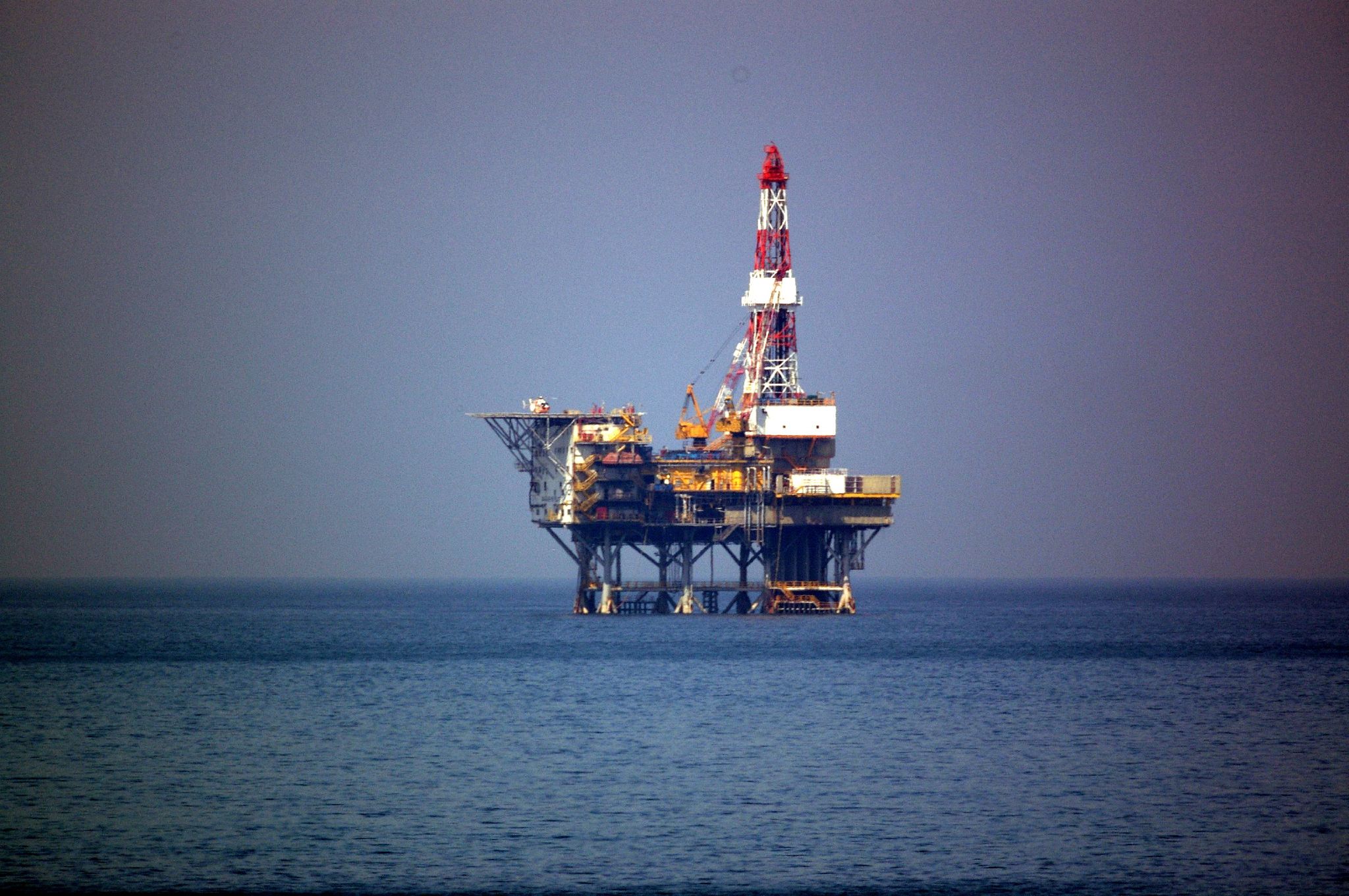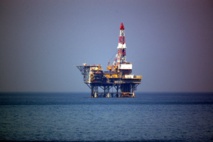Israel Supreme Court ruled unconstitutional a deal for development of the Israeli gas fields on the shelf of the Mediterranean Sea, as well the gas export from them. The blocked deal was concluded by the Israeli government with a consortium of mining companies, headed by the American Noble Energy. Its partners are Isramco Negev, Avner Oil Exploration, Delek Drilling and Dor Gas Exploration.
The abovementioned fields are "Leviathan" and "Tamar", which stocks are currently estimated at about 700 billion cubic meters (total gas reserves of Israel are about 900 billion cubic meters).
The Israeli High Court is dissatisfied with one of items of the transaction. It stipulates that neither the present nor the future Government may change the terms of field development within 10 years, including terms of taxation. The court gave the government a year to make allowances accordingly.
Israeli Prime Minister Benjamin Netanyahu said that the decision poses a serious threat to the development of gas reserves in Israel.
Netanyahu noted that Israel is perceived as a country with excessive intervention in business. Nobody will be pleased by the fact that the gas remains in the depths of the Mediterranean, and Israeli citizens will not get hundreds of billions of shekels, says the prime minister.
In 2014, Noble Energy has been forced to declare suspension of investment in the Israeli shelf. Then, antitrust committee of Israel raised question of revising terms of "Leviathan"'s license (opened by Noble Energy). Then the question was settled thanks to Netanyahu's efforts.
One of the topics discussed then was possibility of exporting gas from the "Leviathan" and "Tamara" into Europe.
In 2011, Israel said about supply of 500 billion cubic meters for 30 years, ie by 16-17 billion cubic meters per year. In January 2016, Israel, Cyprus and Greece have held talks on the gas pipeline and agreed to set up a tripartite committee to study feasibility of such a tube. The pipeline's branch was to get from Israel on the territory of Cyprus and then in Greece, from where Israeli gas could flow to Europe. Netanyahu then called the talks "historic". According to him, the last time the Cypriots, Greeks and Jews sit at the negotiating table was 2000 years ago.
Turkey is laying hopes on the Israeli gas, too. Recall that the country before announced possibility of a complete renunciation of Russian supplies after the deterioration of relations with Russia, which provides about 60% of consumption in Turkey.
Meanwhile, The US and Europe are actively moving closer to Israel's main regional rival - Iran. Precisely, the States played a key role in the lifting of economic sanctions against the country (canceled in mid-January 2016). The Islamic Republic of Iran (IRI), in turn, is increasingly lobbying supplies of its own gas to the EU. This possibility has been discussed ever since Nabucco gas pipeline project, failed now.
Now Iran is speaking about possibility of supplying to Europe up to 30 billion cubic meters a year. The country previously stated that a number of foreign companies have already shown interest in these deliveries.
Iran has the world's largest gas reserves. According to the British BP, they make up about 34 tcm (17-18% of the world).
source: wsj.com
The abovementioned fields are "Leviathan" and "Tamar", which stocks are currently estimated at about 700 billion cubic meters (total gas reserves of Israel are about 900 billion cubic meters).
The Israeli High Court is dissatisfied with one of items of the transaction. It stipulates that neither the present nor the future Government may change the terms of field development within 10 years, including terms of taxation. The court gave the government a year to make allowances accordingly.
Israeli Prime Minister Benjamin Netanyahu said that the decision poses a serious threat to the development of gas reserves in Israel.
Netanyahu noted that Israel is perceived as a country with excessive intervention in business. Nobody will be pleased by the fact that the gas remains in the depths of the Mediterranean, and Israeli citizens will not get hundreds of billions of shekels, says the prime minister.
In 2014, Noble Energy has been forced to declare suspension of investment in the Israeli shelf. Then, antitrust committee of Israel raised question of revising terms of "Leviathan"'s license (opened by Noble Energy). Then the question was settled thanks to Netanyahu's efforts.
One of the topics discussed then was possibility of exporting gas from the "Leviathan" and "Tamara" into Europe.
In 2011, Israel said about supply of 500 billion cubic meters for 30 years, ie by 16-17 billion cubic meters per year. In January 2016, Israel, Cyprus and Greece have held talks on the gas pipeline and agreed to set up a tripartite committee to study feasibility of such a tube. The pipeline's branch was to get from Israel on the territory of Cyprus and then in Greece, from where Israeli gas could flow to Europe. Netanyahu then called the talks "historic". According to him, the last time the Cypriots, Greeks and Jews sit at the negotiating table was 2000 years ago.
Turkey is laying hopes on the Israeli gas, too. Recall that the country before announced possibility of a complete renunciation of Russian supplies after the deterioration of relations with Russia, which provides about 60% of consumption in Turkey.
Meanwhile, The US and Europe are actively moving closer to Israel's main regional rival - Iran. Precisely, the States played a key role in the lifting of economic sanctions against the country (canceled in mid-January 2016). The Islamic Republic of Iran (IRI), in turn, is increasingly lobbying supplies of its own gas to the EU. This possibility has been discussed ever since Nabucco gas pipeline project, failed now.
Now Iran is speaking about possibility of supplying to Europe up to 30 billion cubic meters a year. The country previously stated that a number of foreign companies have already shown interest in these deliveries.
Iran has the world's largest gas reserves. According to the British BP, they make up about 34 tcm (17-18% of the world).
source: wsj.com



















